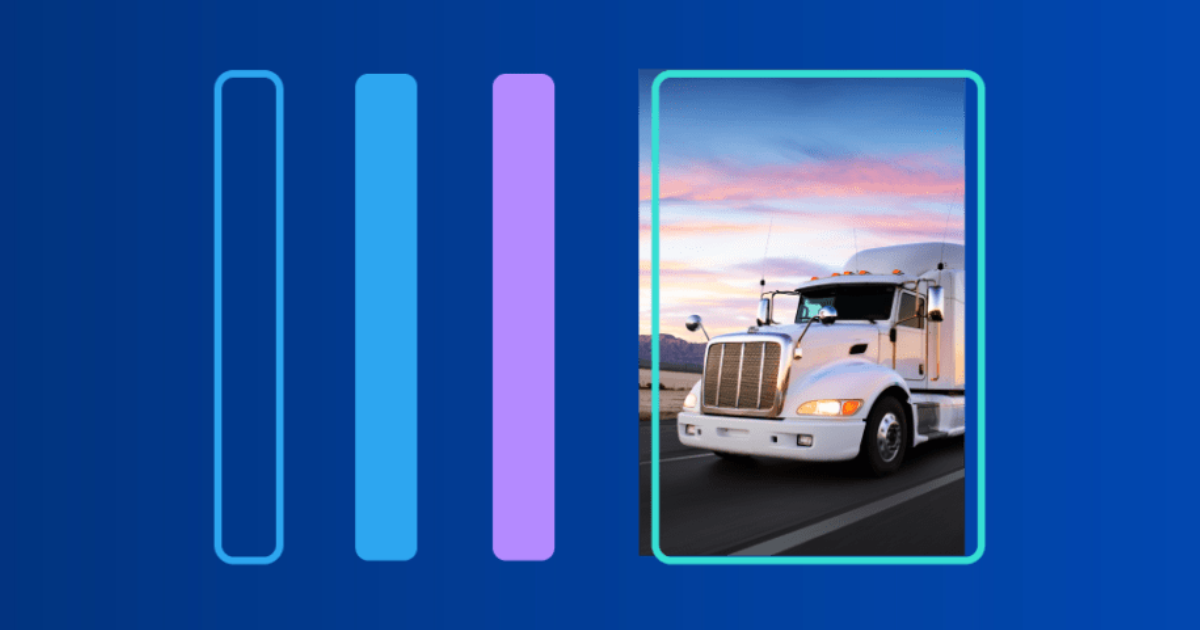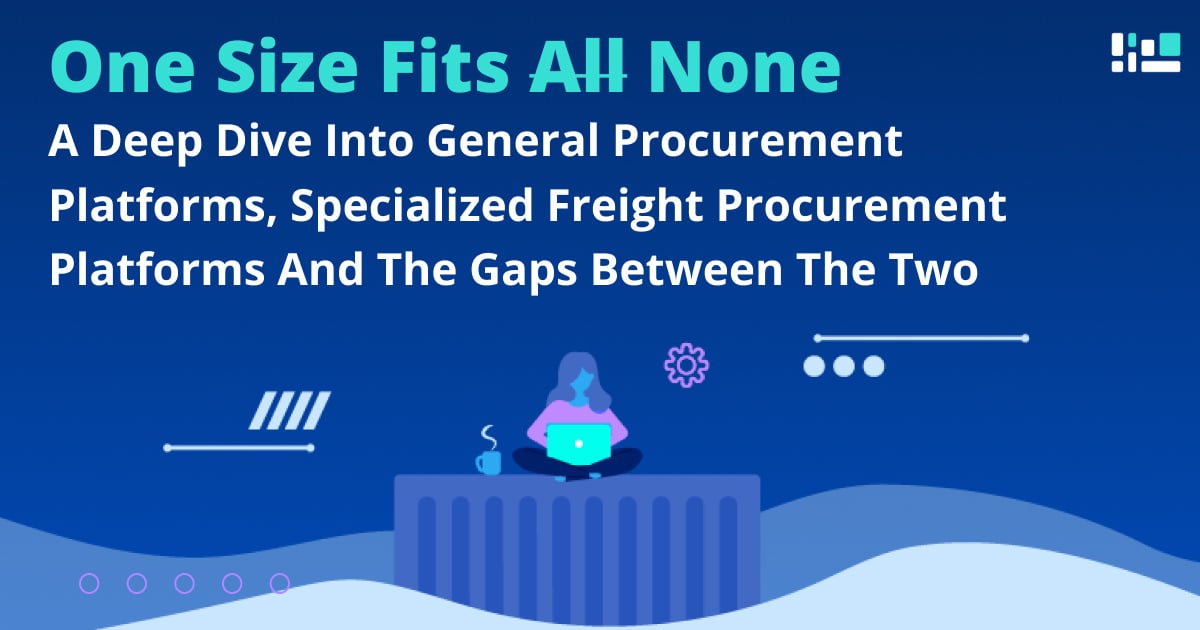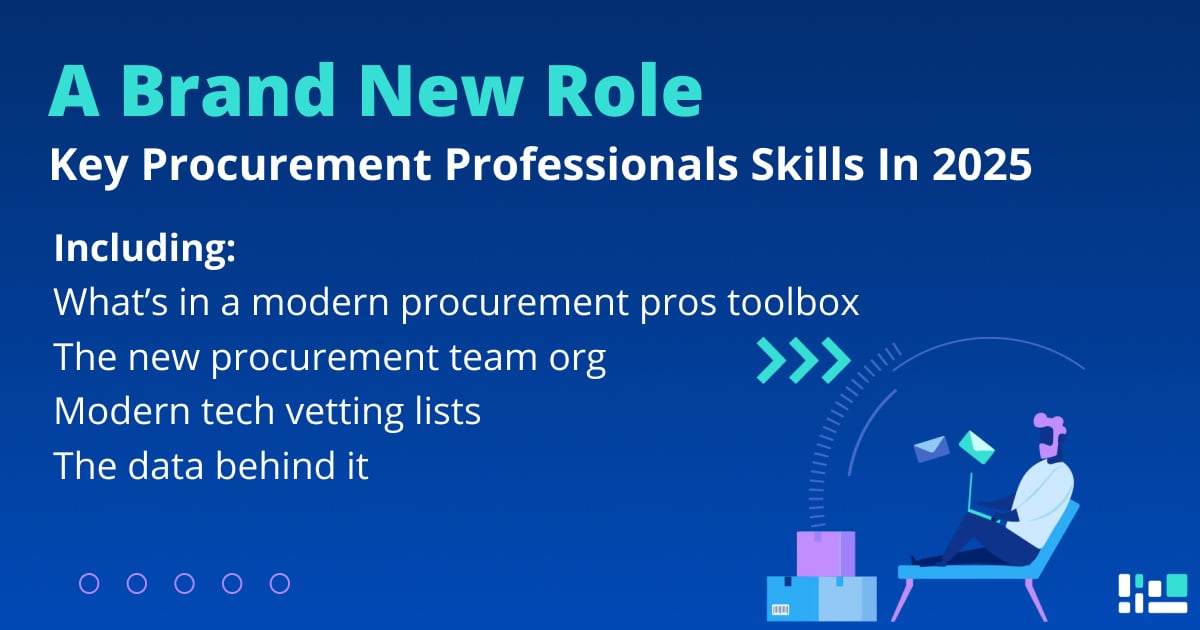The future purchasing processes in logistics will only be carried out via eProcurement solutions. At least this seems to be the case if one believes the majority of the current forecasts of various studies. But why is that and what advantages can this offer for the future purchasing process?
Repetitive Processes
It’s not uncommon for a tender to be an annual event that costs a lot of time and stress. This begins with the preparation of past shipment data, the selection and invitation of logistics service providers (LSP), the evaluation of prices and conditions and ends with the nomination of the LSP. The aim of every company is to find the best solution for their needs from the pool of existing and potential new LSPs. Thereby the price alone is not playing a dominant role anymore. After all, it is a matter of satisfying one’s own internal and external customers and supplying them on time.
A simple evaluation of the prices is therefore no longer sufficient. But how do I evaluate and consider factors such as capacity availability, delivery performance, a healthy supplier mix, customer relationship management of the LSP and many more in my decision?
It’s all about excel
Many companies still try to cover these complexities in Excel and often rely on the experienced skills of individuals. A transparent derivation of the results is often difficult and prone to errors. In addition, there is the time and effort required to reduce the quality of the offers to a common denominator in order to guarantee a clean evaluation process.
In this context, the rate management is often also transferred to Excel and the assembled rate sheets are stored in various folder structures and distributed via e-mail to the individual company departments.
Intelligent eProcurement solutions
This is exactly where intelligent procurement solutions come in. In addition to a transparent tendering process, the rates are stored centrally and can be made available to the various departments in the company. This benefits not only the buyer, but also the LSP, whose offers are stored transparently and centrally.
Success through digital tenders
The quality of the submitted offers is ensured by individually defined settings in the rate sheet and thus avoids a time-consuming subsequent cleansing of the offers and minimizes a time-consuming downstream communication effort with the LSP. Another success factor of digitized tendering processes is the use of standardized and individual evaluation scenarios by the system. After prior definition, other indicators are evaluated in addition to the price. Finally, the nomination of the suppliers also takes place transparently and digitally through the controlled tendering process.
Benchmarking & KPIs
This process also means that a benchmark query of rates during the year is no longer a tough process for both the buyer and the LSP, but rather a simple pick up on the current rate structures followed by a rate comparison. In addition, eProcurement solutions offer the possibility of always obtaining an up-to-date overview of the most important figures via defined KPIs and can be shared at short notice and transparently within the company.
Analog vs. Digital Procurement |
|
Procurement 4.0
With eProcurement solutions, process costs can be reduced by up to 65%. The more open the company is to digital processes and allowing changes, the better these solutions can unfold their potential for optimization and lead to added value in purchasing. Purchasing 4.0 transforms the strategic purchaser into an interface manager of both internal and external contacts and processes. This transformation can only succeed with intelligent eProcurement solutions.
About SHIPSTA
SHIPSTA powers smart logistics procurement with a digital platform that connects shippers and carriers to ensure a frictionless procurement process for spot and contract buying, entirely online. It automates complex tasks, provides unrivalled visibility and supports fast data-driven decision-making. Designed and built by experts in logistics procurement, it is bringing transparency, automation and efficiency to the global logistics industry. It is used by some of the world’s largest companies to respond to market volatility, control freight costs and manage risk. The company was founded in 2015 and is based in Mertert, Luxembourg and Hamburg, Germany.



